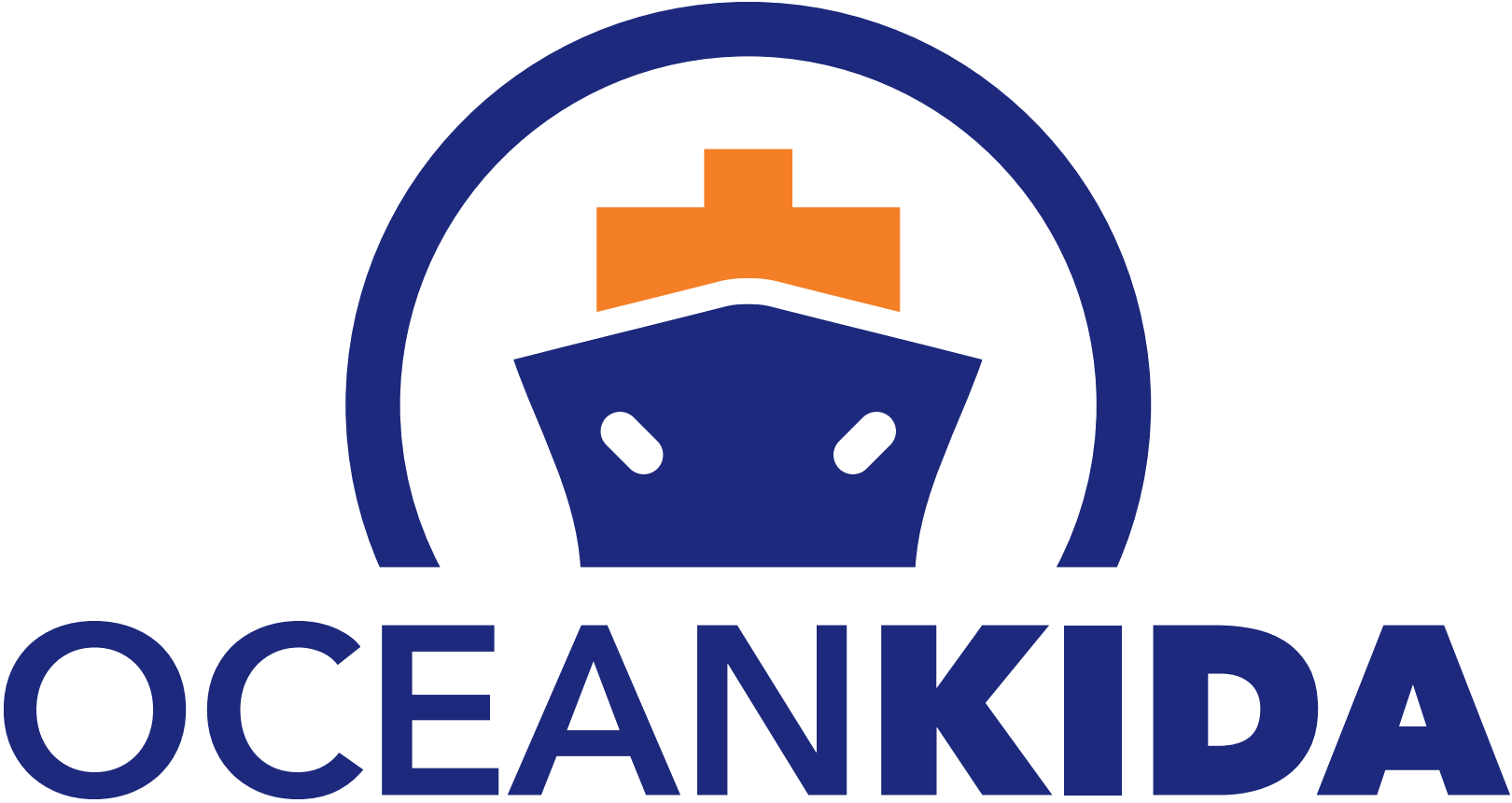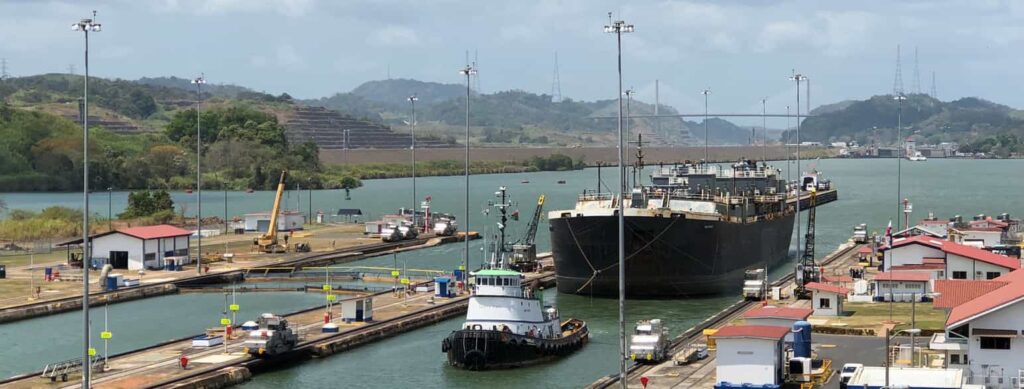The Panama Canal, a remarkable feat of engineering and a vital global trade route, has once again taken center stage in geopolitical discussions. President-elect Donald Trump has raised concerns over its management and strategic significance to the United States, threatening to seek its return to U.S. control.
Trump’s comments, shared on his Truth Social platform, reflect growing apprehension over the canal’s operations and its role in U.S. national security. He emphasized its importance, stating, “The Panama Canal is a VITAL National Asset for the United States, crucial to our economy and security.”
Handling 6% of global maritime trade, the canal is a key link in global supply chains. Nearly 40% of U.S. container traffic passes through its locks annually, with the U.S. being the canal’s largest user. In 2021, over 73% of ships transiting the canal were destined for or departing from U.S. ports. Originally opened in 1914 after a major U.S.-led construction effort, the canal was transferred to Panamanian control in 1999 under the Torrijos-Carter Treaties, a handover that remains controversial among some U.S. policymakers who view it as a strategic misstep.
The canal’s efficiency, reducing transit times between the Pacific and Atlantic Oceans, is essential for maintaining the competitiveness of U.S. trade. Any disruption or change in control could significantly impact industries that rely on timely, cost-effective shipping.
Trump’s rhetoric extends beyond criticism of the handover, with explicit demands for a potential reclamation of the canal if certain principles are not maintained. “If the moral and legal principles of this generous gesture are not respected, we will demand the Panama Canal be returned to us, in full and without question,” Trump warned. His concerns focus largely on what he perceives as excessive fees for U.S. shipping and the unfair treatment of American interests.
However, Trump’s concerns also reflect broader anxieties about China’s growing influence in the region. Since Panama established diplomatic ties with China in 2017, Beijing has increased its investments, including infrastructure projects near the canal. U.S. Southern Command has expressed concerns, with General Laura Richardson warning that these investments could pose risks to U.S. interests. China’s involvement through Hutchison Ports PPC, a Hong Kong-based company managing ports at both ends of the canal, has raised fears of logistical manipulation and operational control.
This involvement could challenge the canal’s neutrality, guaranteed under the Neutrality Treaty, which mandates equal access for all nations. Critics fear that China’s role in managing key ports, such as Balboa and Cristobal, could give it the ability to influence or disrupt U.S. maritime trade. There are additional concerns about potential surveillance technology embedded in the canal’s infrastructure, which could enable China to monitor U.S. naval and commercial activities.
Despite Trump’s demands, any move to reclaim the canal would face significant diplomatic and legal hurdles. The Neutrality Treaty obligates the U.S. to respect the canal’s neutral status, and forcibly taking control would violate international law and damage relations with Latin America.
Under Panamanian management, the canal has operated efficiently, with a major expansion in 2016 doubling its capacity to accommodate larger vessels. While Trump’s comments underscore the canal’s lasting strategic importance to the U.S., they also highlight the need for vigilance to maintain secure, reliable access to this critical maritime passage.
As global power dynamics shift, the Panama Canal will remain a key consideration in U.S. foreign policy, requiring a balance between safeguarding American interests and respecting Panama’s sovereignty. Its role will continue to shape global trade flows, supply chain resilience, and regional diplomatic relations.
At OceanKida, we are dedicated to keeping our clients and partners up to date with the latest news and developments in Panama’s maritime sector. As a leading ship supplier, we understand the critical role that timely information plays in supporting smooth and efficient maritime operations. Our updates will cover a wide range of topics, including industry innovations, regulatory changes, and best practices to help vessels stay fully equipped and compliant. By sharing valuable insights, OceanKida aims to be more than just a ship supplier, we strive to be your trusted source of knowledge and support within the maritime industry.




